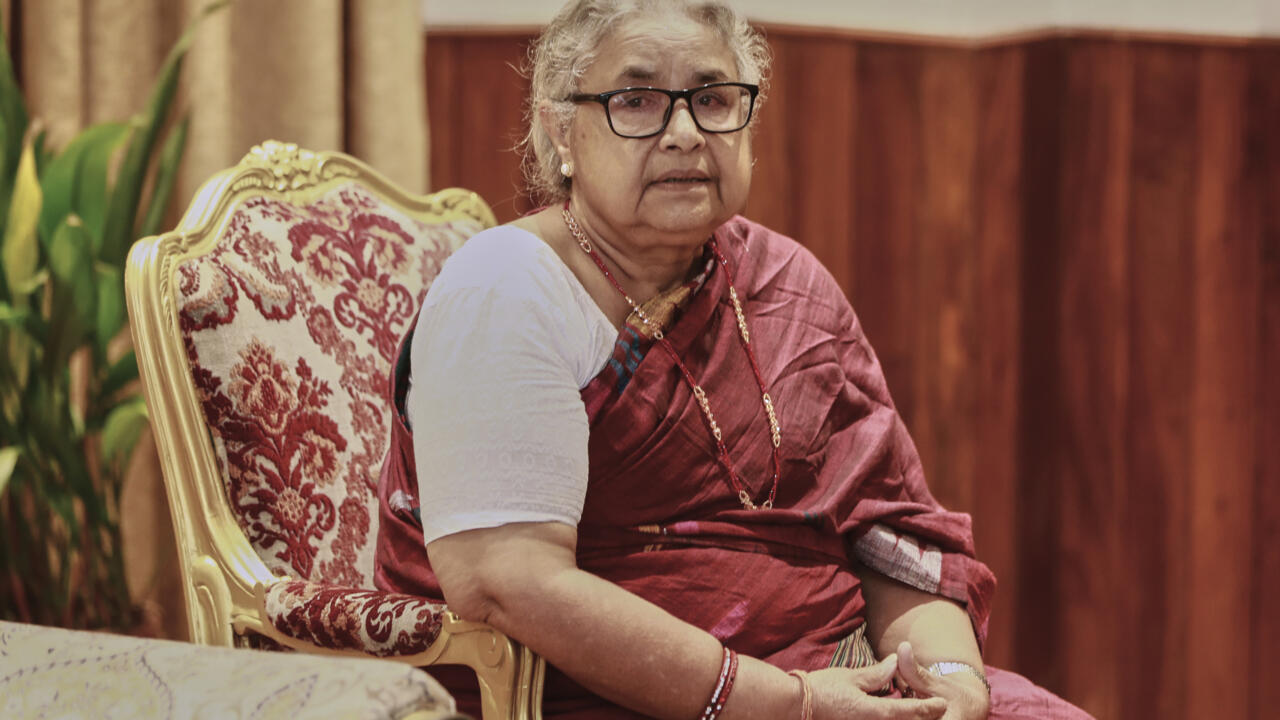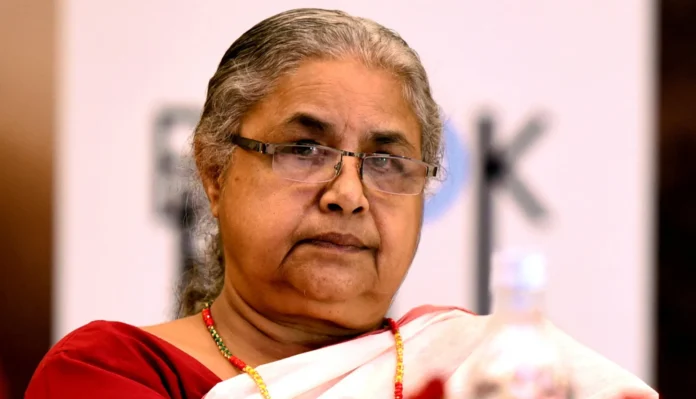Historic Political Shift in Kathmandu
In a landmark moment for Nepal’s political history, the country has appointed Sushila Karki as its first-ever female Prime Minister following weeks of intense, youth-led protests that shook the nation and resulted in at least 51 fatalities. The appointment comes in the wake of the resignation of former Prime Minister KP Sharma Oli, whose government faced mounting criticism over corruption and restrictions on free speech.
The swearing-in ceremony was held at the presidential palace on Friday, where President Ram Chandra Poudel formally administered the oath of office to the 73-year-old Karki. The event was attended by senior government officials, military leaders, and foreign diplomats, highlighting the national and international significance of this transition.
Appointment Amid Extraordinary Circumstances
Karki’s appointment was made under Article 61 of Nepal’s Constitution, bypassing the usual parliamentary process laid out in Article 76. This extraordinary measure was taken after parliament was dissolved earlier this month, leaving the country under an interim government until fresh elections scheduled for March 5, 2026.
Security was tight during the ceremony, with military forces deployed around the capital and near key government buildings that had been damaged during the protests. The move is widely seen as an attempt to restore public trust and bring stability after weeks of unrest.
Gen-Z Protest Movement Forces Change
The political shift was triggered by massive demonstrations led by Nepal’s younger generation, often referred to as Gen Z. The protests initially began as a backlash against a controversial government ban on 26 popular social media platforms, including Facebook, X (formerly Twitter), and YouTube.
However, what started as a digital rights movement soon evolved into a nationwide uprising against systemic corruption, nepotism, and the luxurious lifestyles of politicians’ children — popularly referred to as “Nepo kids.”
According to police spokesperson Binod Ghimire, the protests turned deadly when demonstrators clashed with security forces, resulting in 51 deaths, including 21 protesters, three police officers, nine inmates, and 18 other civilians. Several key government buildings, including the parliament complex, were set ablaze in the chaos that followed Oli’s resignation.
Who Is Sushila Karki?

Sushila Karki is no stranger to breaking barriers. Born in Biratnagar in 1952, she earned her master’s degree in political science from Banaras Hindu University in India in 1975 and later pursued a law degree at Tribhuvan University in Kathmandu.
Karki made history once before as Nepal’s first female Chief Justice (2016–2017), where she became known for her uncompromising stance against corruption. Her tenure was not without controversy — she faced an impeachment attempt in 2017, which was ultimately withdrawn due to overwhelming public support.
Now, as the interim head of government, Karki faces a daunting task: leading a nation still reeling from political violence, economic instability, and a justice system in crisis. Over 12,500 prisoners reportedly escaped during the unrest, creating a major security challenge for her administration.
Youth Expectations and Government Priorities
Gen Z activists, who played a central role in bringing about this political shift, have cautiously welcomed Karki’s appointment. Many of them organized protests and strategy sessions on platforms like Discord, with one activist famously quipping that “The Parliament of Nepal right now is Discord.”
Karki’s interim government is expected to focus on two main priorities: preparing for the upcoming elections and implementing anti-corruption reforms to rebuild public confidence. Analysts suggest that her administration must also address the 20% youth unemployment rate and the country’s heavy dependence on remittances, which make up nearly one-third of Nepal’s GDP.
A New Chapter for Nepal
Sushila Karki’s appointment is being hailed as a historic step toward gender equality in Nepal’s political landscape, but experts caution that the road ahead is far from smooth. Restoring peace, rebuilding damaged institutions, and ensuring free and fair elections will be critical in shaping the country’s future.
For many young Nepalis, this moment represents more than just a change in leadership — it is a chance to reset the nation’s course and demand accountability from those in power. Whether Karki can meet these high expectations remains to be seen, but for now, her appointment has given hope to a generation eager for real reform.
Sources: The Guardian


